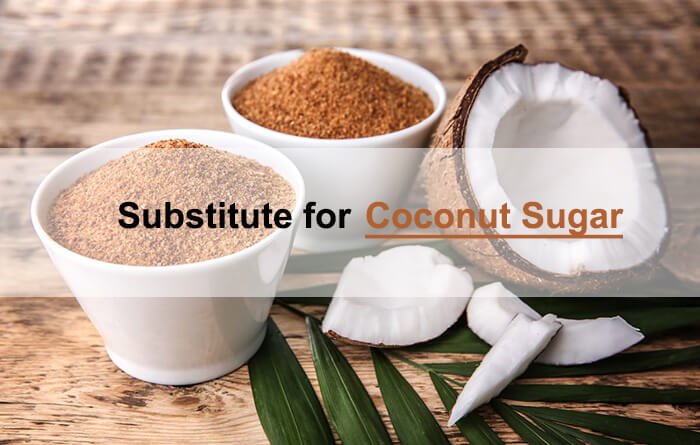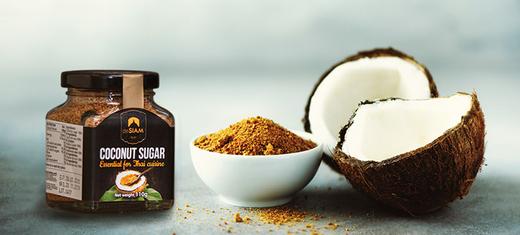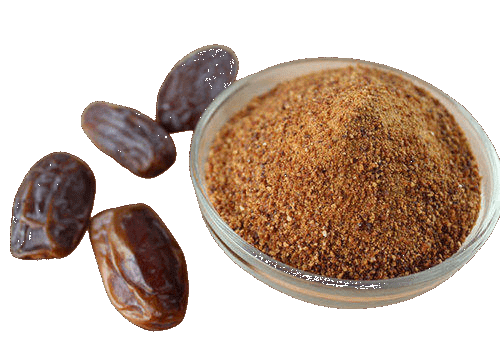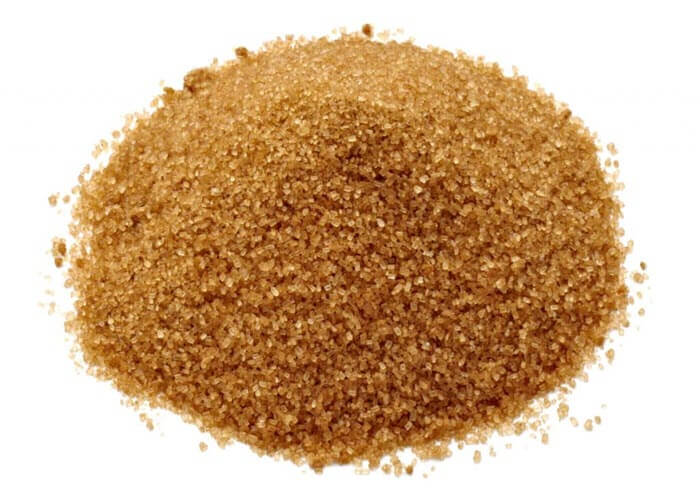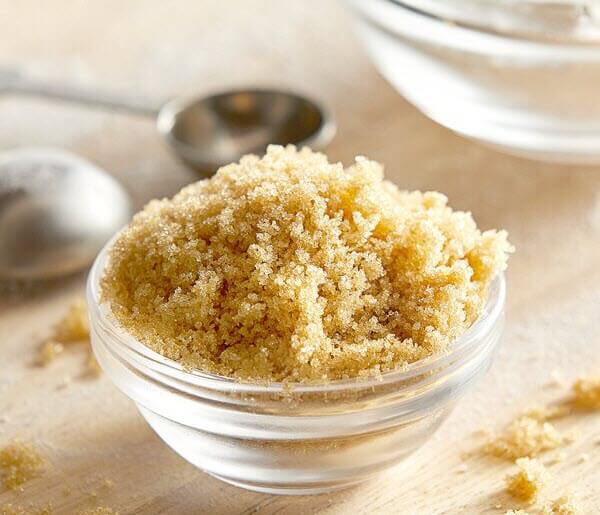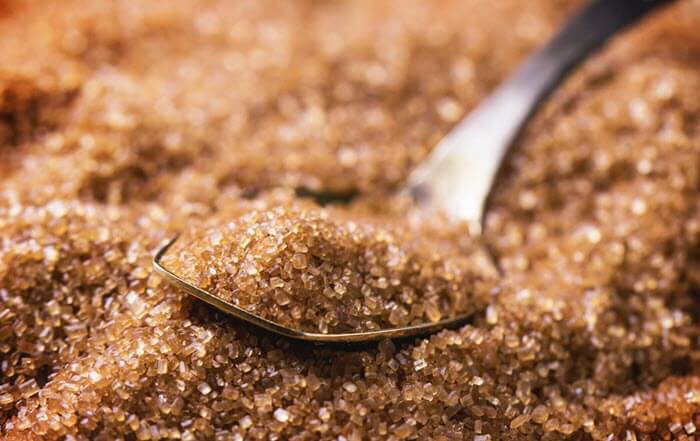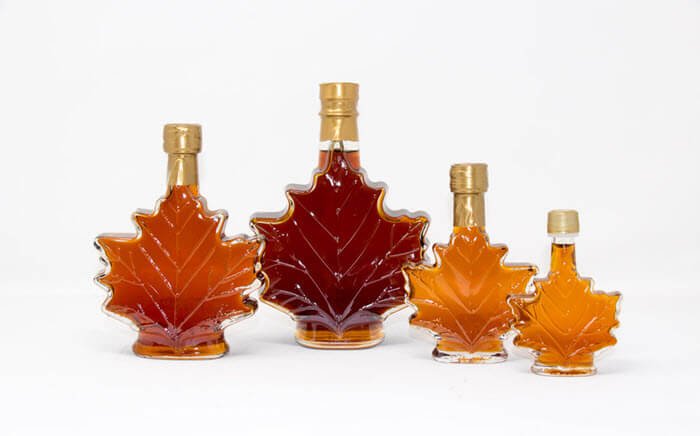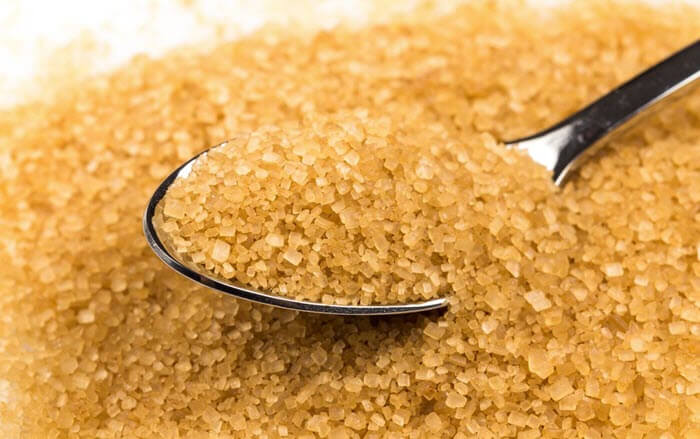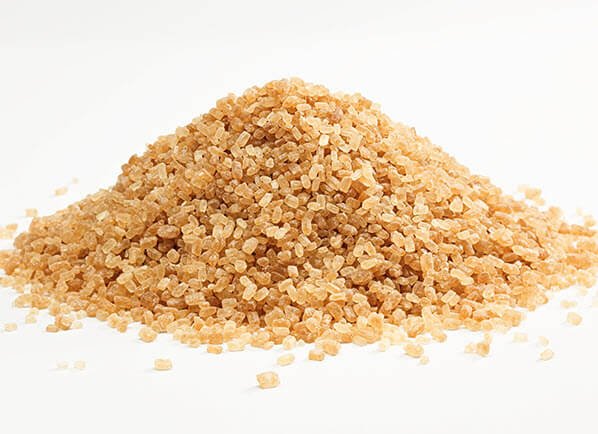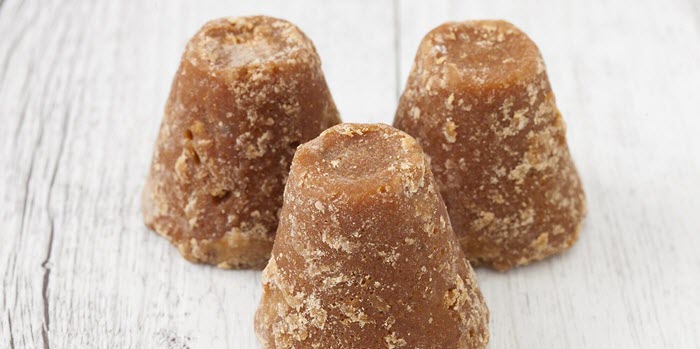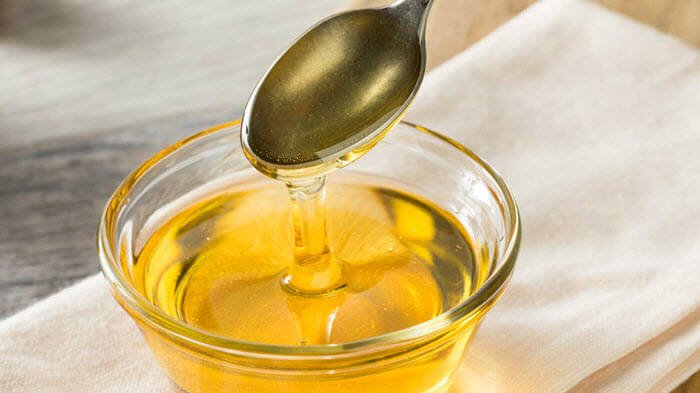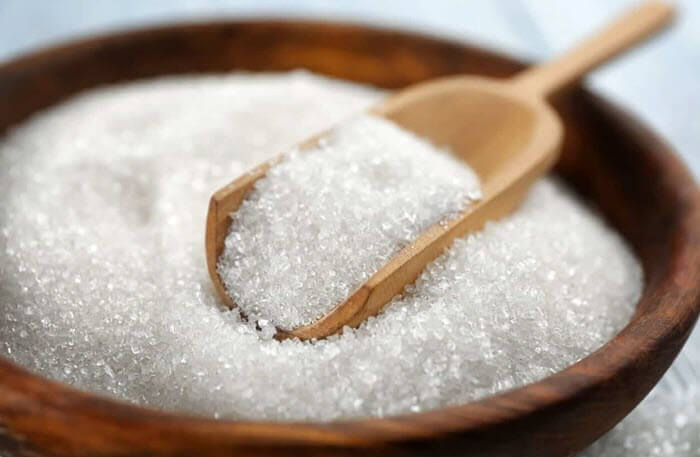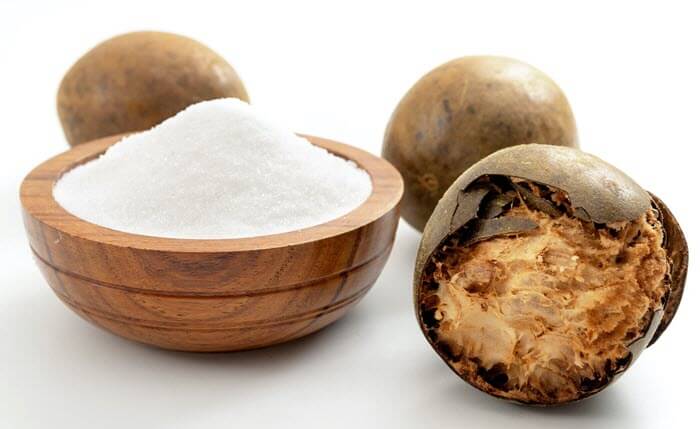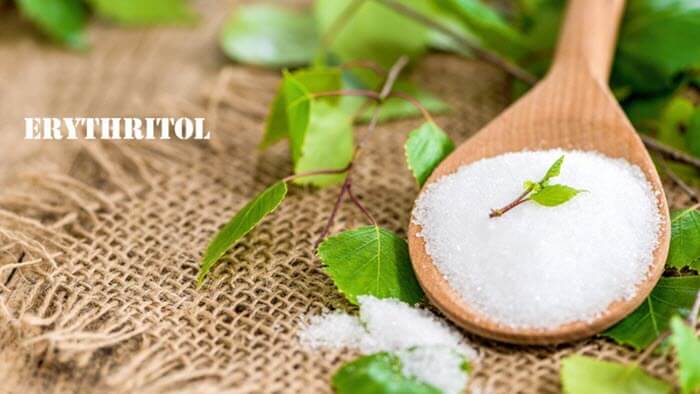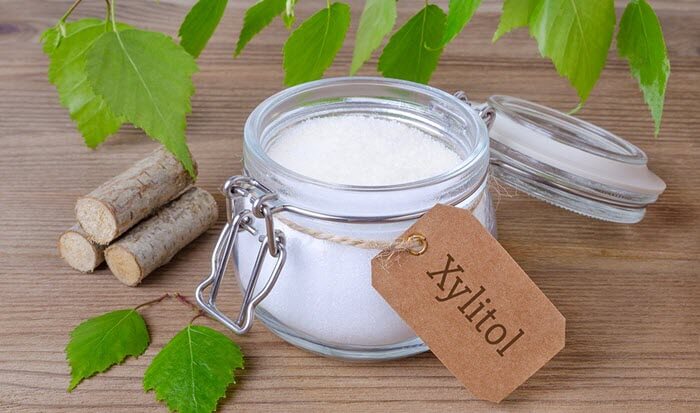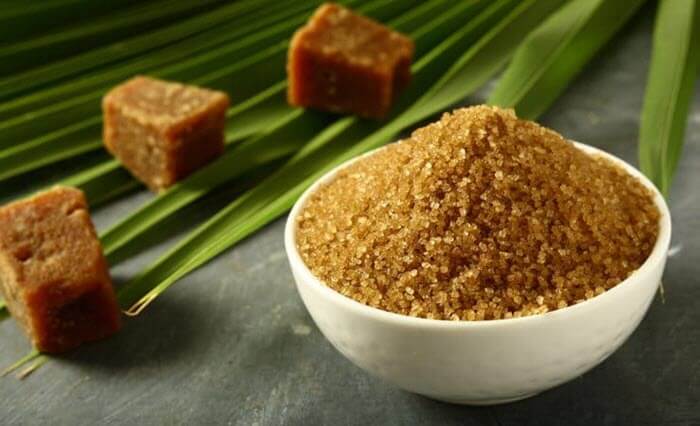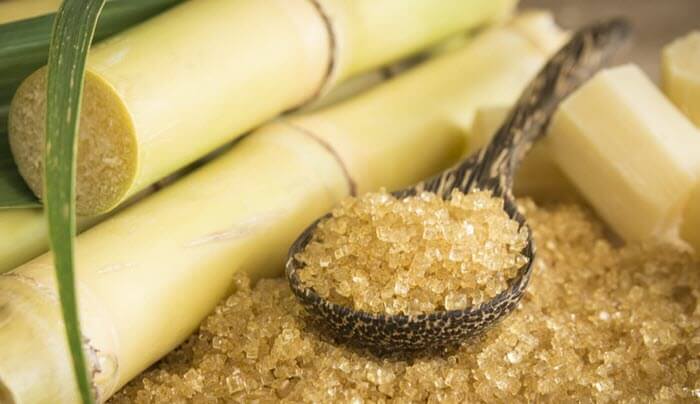Those who are health conscious are continuously searching for the best alternative to white table sugar. One of those gaining popularity is coconut sugar.
It has been discovered to have a number of health benefits. Though present in many Asian stores, a number of local supermarkets now carry this unique natural sweetener.
What if you can’t get it for your recipe? Don’t worry, here you’ll find the 10 best substitutes for coconut sugar.
Table Of Contents
- What is Coconut Sugar?
- Top 17 Healthy Sugar to Substitute Coconut Sugar
- FAQs About Coconut Sugar Substitute
- Where can I buy coconut sugar?
- Can I substitute coconut sugar for brown sugar?
- Can you substitute coconut sugar for white sugar?
- How to substitute coconut sugar for honey?
- Is there any good substitute for coconut sugar in baking?
- What’s the difference between coconut sugar and coconut palm sugar?
- Is coconut sugar healthier than sugar?
- Can I use regular sugar instead of coconut sugar?
- Coconut Sugar Substitute
What is Coconut Sugar?
Undergoing with only a few processes, coconut sugar is still considered a healthier option for white table sugar.
Coconut sugar does not actually come from the tree’s fruit – it is extracted from the palm sap. It is then mixed with water and boiled until it forms a syrup.
Once dried and crystallized, they are broken down into sugar-like granules that make up the coconut sugar. The process retains the natural flavor as it preserves some of its nutrients.
Another benefit why some choose to use coconut sugar is its Lower Glycemic Index. This means that it doesn’t easily raise blood sugar levels when consumed.
These advantages are debunked by some since another study shows that coconut sugar has high fructose content.
Just like most of the sugar alternatives available in the market, it is recommended to use it in moderation.
Note that coconut sugar is not palm sugar.
Top 17 Healthy Sugar to Substitute Coconut Sugar
Whether healthy or not, many still turn to coconut sugar for the kind of sweetness it delivers.
It is a great ingredient for baking as well, as much as it can be used for cooking and a sweetener for drinks.
It may have a growing popularity in different countries, but some may still have a lack of access to this item.
Here are the top 10 best coconut sugar substitute that one should try.
1. Date Sugar
Date sugar and coconut sugar have a striking similarity – they are both the product of a fruit tree.
The difference is how the date sugar is made, where it begins in the dehydration of the date fruit. It is not to be confused with the date palm sugar, which is made from the sap of date trees.
After the dehydration process, it is grounded to have a granulated sugar look. Some may feel off in using date sugar with the presence of fibers that cannot be dissolved with hot liquids and through baking.
This sugar has a sweetness similar to the taste of butterscotch and can be a good substitute for coconut sugar.
2. Sucanat
Sucanat is actually a brand name that means “Sucre de Canne Naturel”. It is considered a type of raw whole cane sugar that retains its molasses content in the process.
It may have a strong flavor being a pure dried sugar cane juice. If used as a substitute for coconut sugar, a 1:1 ratio is recommended as both have similar sweetness but still depends on one’s preference.
Just remember to grind Sucanat (which you can use a spice grinder) as the granules could be tough and can’t be dissolved easily.
3. Honey
One of the most natural ones on the list, honey can also substitute coconut sugar as a sweetener.
There are different varieties of honey but most have floral notes on them. Those who would like to use it should take note of the moisture since it is in a liquid form.
Opting for raw honey is your best bet, while the pasteurized ones may only be available with the beekeepers in your local area.
Honey is easy to use when used for drinks and cooking, while it could be a challenge to use for baking. Just use honey in a 1:4 ratio as coconut sugar.
Be cautious when buying cheap honey – they might have additives and cheap sweeteners that will affect quality and consistency.
4. Light Brown Sugar
Can you substitute brown sugar for coconut sugar?
Many say that the best substitute for coconut sugar is light brown sugar. Both share a similar taste, texture, color, and 1:1 ratio making it a perfect replacement.
Light brown sugar is manufactured by mixing together refined white sugar and molasses. This is the reason why it has a caramel taste and moisture on them.
One can even create a DIY version in the comfort of their own home. This is already the preferred sweetener by bakers and coconut sugar can also be an alternative when it is not available.
5. Turbinado Sugar
Turbinado sugar has a mild flavor of caramel or molasses which can be used to substitute coconut sugar.
When you want to give your dishes a sparkly look, Turbinado will be your best choice. This is because the crystals in turbinado sugar will keep their shape when warmed up.
You can use turbinado sugar on fruit crisps, bars, cookies, pies, and even roast vegetables. It can also be a good coconut sugar substitute in baking. It will give your baked goods a crumblier and drier texture.
To use turbinado sugar, you’ll have to replace a ratio of 1:1.
6. Maple Syrup
Maple Syrup is one of the best coconut sugar substitutes since it has the similar sweetness and irresistible flavor.
Due to the traces of caramel and vanilla in maple syrup, it can offer a nice aroma to your recipe. When you are replacing coconut sugar in your recipes, use ¼ of maple syrup for every cup of coconut sugar.
Note that when using some liquid substitutes, you may have to adjust other liquids in your recipes.
7. Demerara Sugar
It could be a challenge for Americans to look for Demerara sugar, as it’s not so popular than Turbinado sugar.
Some say they are different, while some believe they are the same. Those who use them for a long time know that there could be a difference in sweetness depending on the manufacturing process of the brand.
Food experts say that Demerara sugar has a darker color and is milder in taste, while Turbinado is lighter in color and flavor. Both are marketed as raw sugar, but the truth is, they both undergo a process as the real raw sugar is considered inedible.
They are a good replacement for coconut sugar as they can use the same amount required for a recipe. It is an excellent alternative, especially for baking.
8. Maple Sugar
Being familiar with maple syrup, other regions or countries may not be aware of maple sugar. They have a similar taste having subtle caramel notes, but this one has a rich maple flavor.
The process of getting maple sugar is the same with coconut sugar, where the sap from the tree is boiled then broken down into granules once dry. Both are considered natural sweeteners as it only undergoes a minimal process, unlike white sugar.
Using this as a substitute is the same for light brown and demerara sugar – the ratio of using it as called in the recipe is 1:1.
Don’t worry if you don’t have this option available, you can also check the maple syrup substitute for your recipe.
9. Piloncillo
Also popular as Mexican brown sugar, Piloncillo is a form of cane sugar that is in its raw form and has a rich flavor like molasses. Mexicans also call it panela and panocha, with light and dark varieties.
The raw cane sugar is reduced to a thick, dark brown liquid by boiling it. After that, it’s put into molds, let to set, and then popped out to show the conical form.
However, this doesn’t have any similarity with taste and texture to coconut sugar. As mentioned, the rich flavor will include notes of molasses and burnt sugar. Chop or finely grate the cones when you would like to use them.
Piloncillo is a coconut sugar substitute for those who wish to use a minimally processed sweetener.
10. Stevia
Even if it is derived from natural sources, stevia is sweeter than the standard coconut sugar.
It has no calories, the perfect sweetener for those watching their calorie intake as well as diabetics. Similarity with coconut sugar is only due to being both organic.
It is extracted from the leaves of the stevia plant, then undergoes a purifying process to remove the majority of its bitterness.
Be careful in infusing them in your recipes, especially as a substitute for coconut sugar. The finished product could turn out to be very sweet and bitter.
To protect your health, follow the acceptable daily intake of stevia to avoid experiencing adverse effects due to excessive consumption.
11. Agave Nectar
The similarity to coconut sugar is the same as stevia and honey – Agave nectar is from natural sources.
In using the organic agave nectar to substitute coconut sugar, watch out for the amount you use as it is sweeter than the white table sugar.
It has more similarities with honey aside from being both a liquid sweetener, as the darker variety has a similar taste.
To use as a replacement, use 3/4 part of agave nectar for every part of coconut sugar. As mentioned, reducing other liquids in the recipe when using this sweetener is a must.
12. Granulated sugar
Of course, when all other sweeteners are hard to find, granulated sugar can be your best coconut sugar substitute. It is easier to find in local shops and even in convenience stores.
Granulated sugar may also have undergone some processes, but some consider this as a healthier option. Some manufacturers try their best to preserve some of the nutrients as they came from sugar cane.
Using this ingredient is manageable for those who are used to coconut sugar.
However, make sure to read the label and inspect the brand you are buying. Some may claim that they are organic being from sugar cane, not from being truly free from preservatives or additives.
13. Monk Fruit
Another coconut sugar replacement is monk fruit which comes from Southeast Asia. It’s a small, green gourd that looks like a melon.
Monk fruit extract packs an impressive punch since it’s around 250 times sweeter than sugar!
It can handle extreme heat, so you’re fine using it in any cooking or baking recipe.
Substitute Ratio
Due to its strength, you’ll only need ¼ cup of monk fruit instead of one cup of coconut sugar.
14. Erythritol
Erythritol is an organic compound derived from corn via enzymes and fermentation. It’s a popular sugar alternative as it’s low-calorie and doesn’t precipitate tooth decay.
Try erythritol out if you’re trying to make low glycemic index foods since it won’t spike your blood sugar.
Erythritol can give baked goods a more pleasant texture than coconut sugar.
Substitute Ratio
Use ⅓ cup of erythritol for every cup of coconut sugar for delicious and healthy cakes.
15. Xylitol
Xylitol is another naturally-occurring sweetener. It’s found in various plants, fruits, and vegetables.
Xylitol has the appearance of regular sugar but doesn’t cause significant increases in your blood sugar level.
It works best as a coconut sugar substitute when your recipe won’t require it to break down into a liquid form.
Substitute Ratio
You’ll need around ⅔ cups of xylitol for every cup of coconut sugar.
16. Palm Sugar
Palm sugar works well if you’re trying to avoid health issues associated with cane sugar or artificial sweeteners. It’s derived from various types of palm trees.
Palm sugar has a more potent fragrance than coconut sugar, accompanied by a smokier taste. You can swap coconut sugar out for palm sugar in both cooking and baking recipes.
Substitute Ratio
Stick with a standard 1:1 ratio when making the switch between both sweeteners.
17. Cane Sugar
Cane sugar has a similar nutritional profile to coconut sugar. You might want to use it as a last-ditch alternative when you don’t have other options on hand.
Substitute Ratio
Since it’s sweeter than coconut sugar, only use ⅔ cup cane sugar for every one cup of coconut sugar.
FAQs About Coconut Sugar Substitute
Where can I buy coconut sugar?
You may find coconut sugar at your local health food store or grocery store with the rest of the natural foods section.
If you’re unable to find it there, try online retailers such as Amazon that carry many different brands of organic products.
Can I substitute coconut sugar for brown sugar?
Coconut sugar doesn’t hold as much moisture as brown sugar, this may affect the texture of baked goods – making them denser or dryer than expected. But you can still use coconut sugar as a substitute for brown sugar in a 1:1 ratio.
Can you substitute coconut sugar for white sugar?
Coconut sugar, also known as coconut palm sugar or coconut tree sap is a natural sweetener that’s lower on the glycemic index than white sugars.
It can be substituted for white sugar in recipes to reduce your risk of diabetes and other health problems related to high blood glucose levels.
You can use a 1:1 ratio.
How to substitute coconut sugar for honey?
Coconut sugar is a great alternative to honey. It’s natural and has many health benefits too.
For every 1 cup of honey, use 4 cups of coconut sugar.
Is there any good substitute for coconut sugar in baking?
You can use any of the substitutes above in baking, however, the most popular and successful ones should be:
- Raw Honey
- Monk Fruit
- Erythritol
- Palm Sugar
What’s the difference between coconut sugar and coconut palm sugar?
In fact, they are the same thing. It’s just a different name! So still looking for a coconut palm sugar substitute? Just pick one from the above list.
Is coconut sugar healthier than sugar?
Though many have the perception that coconut sugar is more nutritious, research reveals that it has similar calories as regular white sugar.
Can I use regular sugar instead of coconut sugar?
If you don’t have high expectations for the taste of food, you can use regular sugar. To replace, the ratio is usually 1:1.
Conclusion
Coconut sugar can be considered a safe organic sweetener as long as taken in the right amounts. Don’t worry if you can’t find it in your kitchen.
Most of the coconut sugar substitutes in this list are healthier – perfect for your next cooking, baking, or as a sweetener.
However, we suggest reducing sugar consumption to achieve better health and avoid sugar-related illnesses.
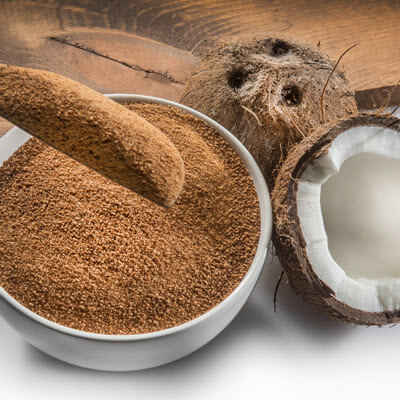
Coconut Sugar Substitute
Your best coconut palm sugar substitute.
Ingredients
- 1. Date Sugar
- 2. Sucanat
- 3. Honey
- 4. Light Brown Sugar
- 5. Turbinado Sugar
- 6. Maple Syrup
- 7. Demerara Sugar
- 8. Maple Sugar
- 9. Piloncillo
- 10. Stevia
- 11. Agave Nectar
- 12. Granulated sugar
- 13. Monk Fruit
- 14. Erythritol
- 15. Xylitol
- 16. Palm Sugar
- 17. Cane Sugar
Instructions
Choose one of the substitutes that work best for you.

